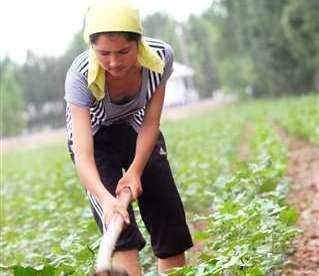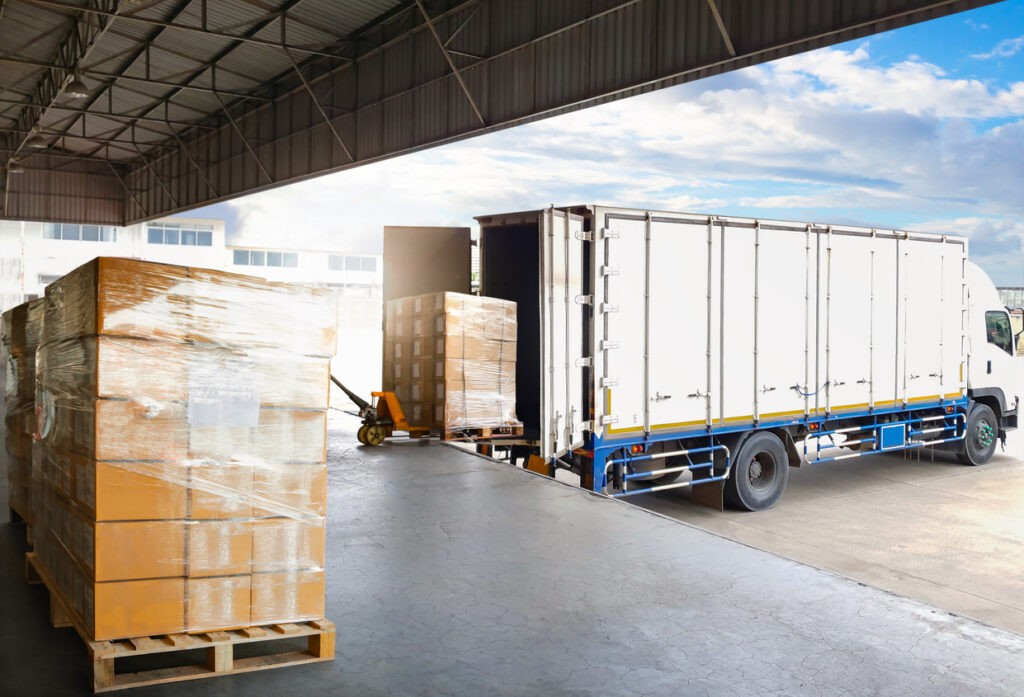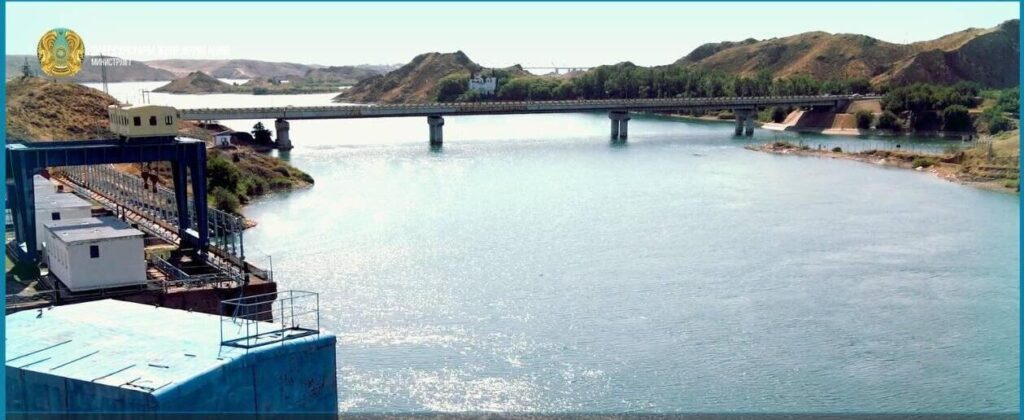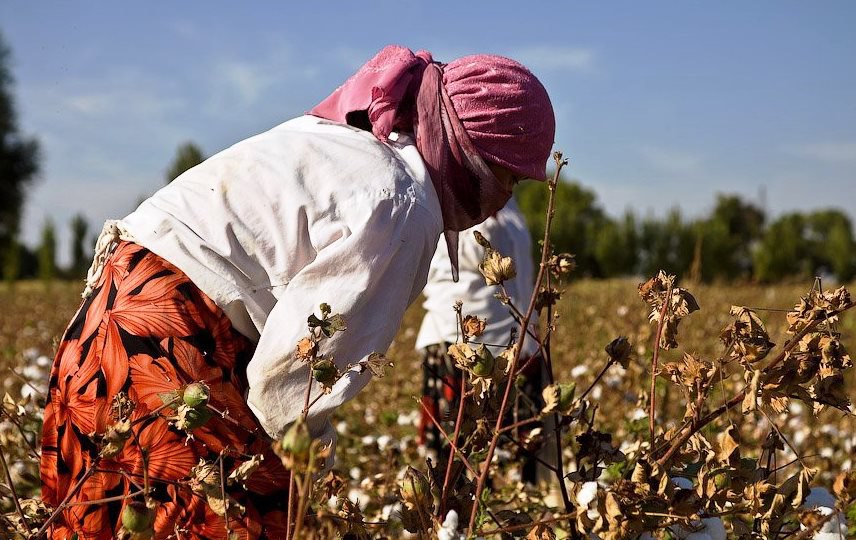DUSHANBE (TCA) — The Food and Agriculture Organization of the United Nations (FAO) and the EU support Tajikistan in introduction of a unified statistical system for agricultural production data in the country, vital for agricultural planning and policy-making, the Delegation of the European Union to Tajikistan said on its website.
Taking into account the large number of dehkan farms and the diversity of their agricultural activities, the State Agency for Statistics, together with the Food and Agriculture Organization of the United Nations, will revise the stratification and sampling methodology system, and develop a unified “one-farm” system for keeping the data, along with the dekhan farm register, updated.
All these efforts should improve the availability of quality agricultural data for monitoring the agrarian reform in Tajikistan.
Agricultural statistics help to monitor current agricultural and food supply conditions and provide accurate and clear information that allow for better planning of agriculture production.
Within the frame of this activity, a new, all-purpose questionnaire for dehkan farms was designed to replace 13 existing questionnaires to ease information collection and processing. Moreover, a computer software was developed to strengthen the work of statisticians in collecting and analyzing data and ensuring combined information on farm activities. This will provide statisticians and decision makers with high-quality and reliable agricultural data between rounds of agricultural censuses, taking place every ten years.
“It is very essential to take stock on the situation in agriculture with regards to harvest volumes, consumption, livestock production and land and water resource management,” said Oleg Guchgeldiyev, FAO Representative in Tajikistan. “The survey methodology and instructions, designed for district and jamoats statisticians, provide a good opportunity to analyze characteristics of agricultural holdings and their agricultural production activities.”
“FAO’s technical support should enable the State Agency on Statistics and the Ministry of Agriculture to do short-term analysis of census data in the future.”
National and local statisticians received training to introduce them the new agricultural statistical data collection and analysis methodology. By using this methodology statisticians can now save time and resources when collecting and processing information.
Activities related to agricultural data and statistics are part of the project “Strengthening Institutions and Capacity of the Ministry of Agriculture and State Veterinary Inspection Service for Policy Formulation”, funded by the European Union. The main objective of the project is to assist the government in institutional reforms of the agricultural sector, including food safety and security and improving quality agriculture data.









